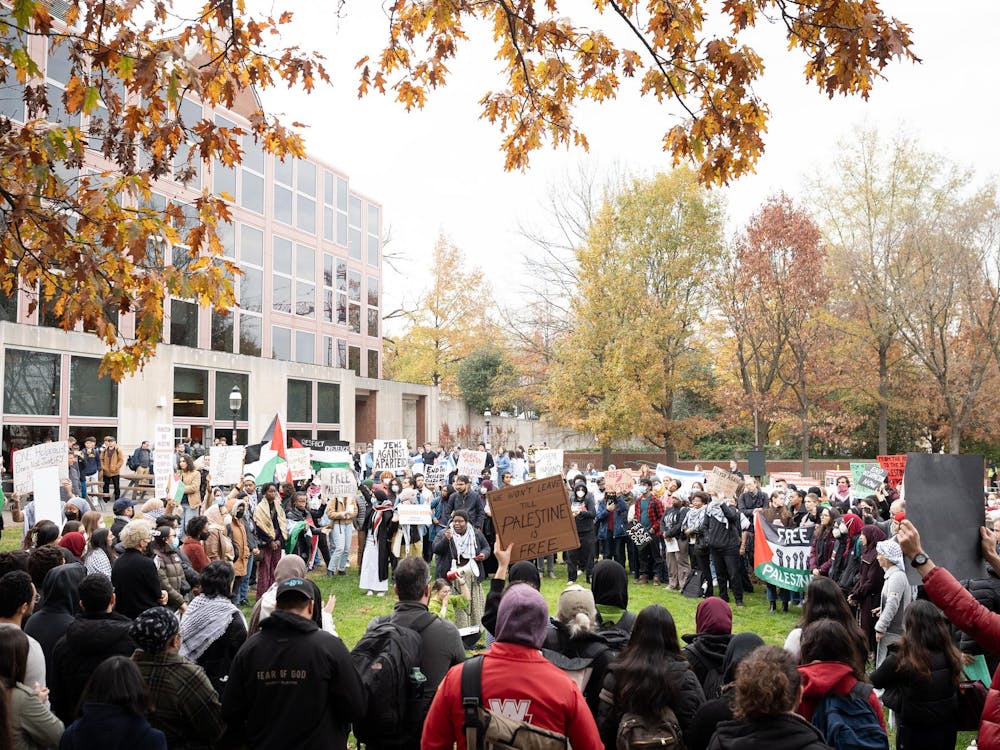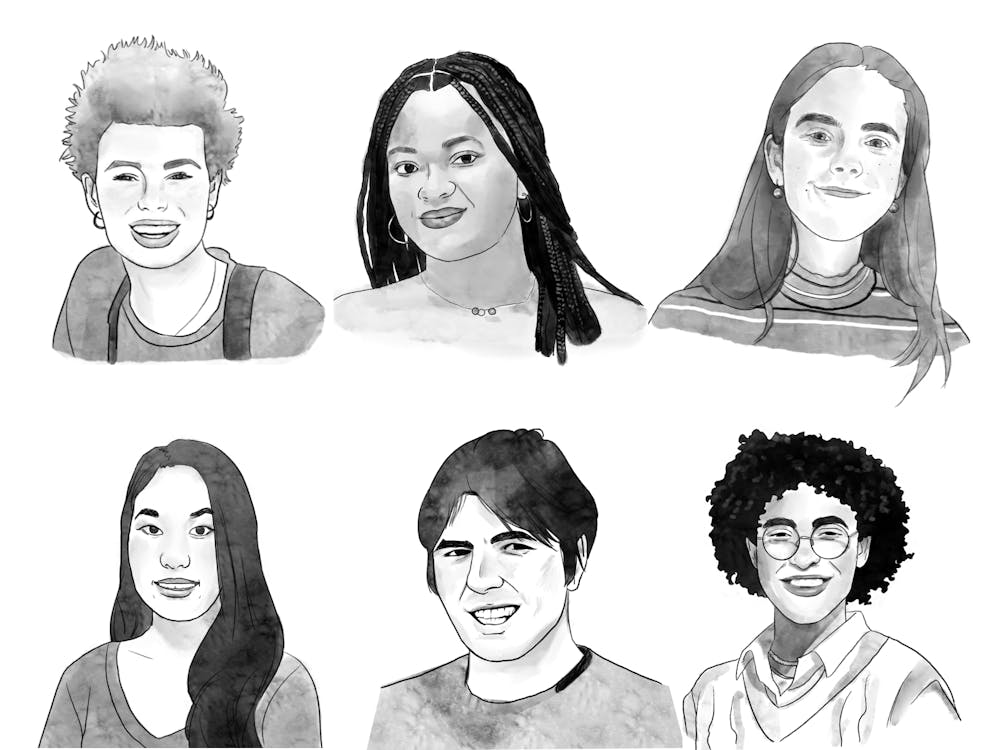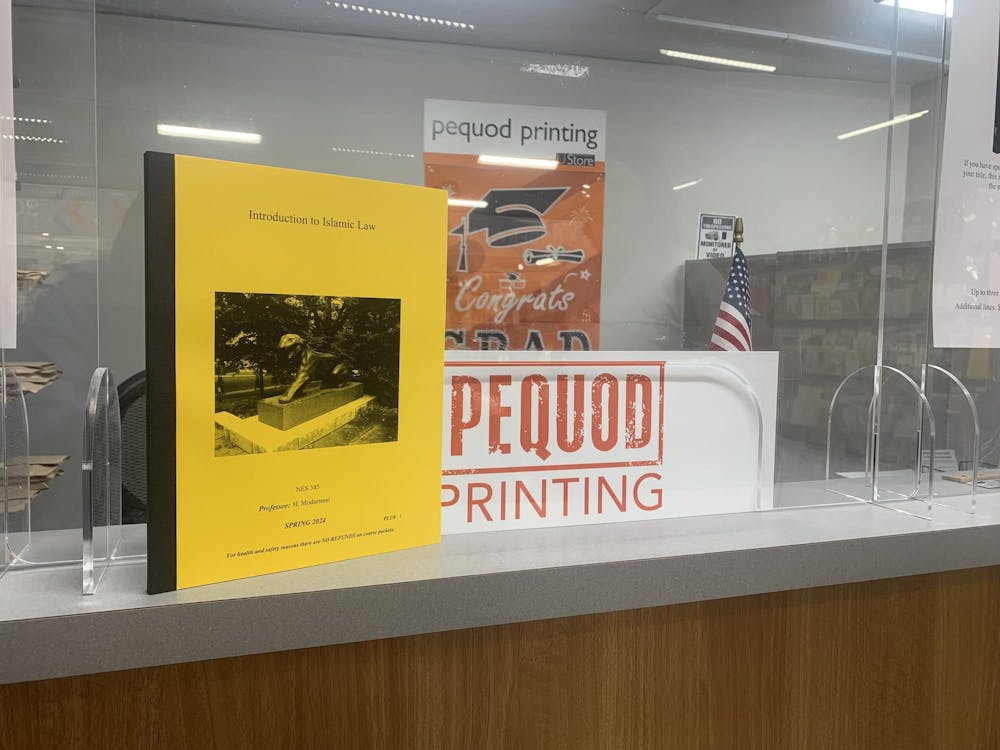I’ve found myself frantically looking up slang terms in Urban Dictionary mid-conversation — discreetly on my phone — more frequently than I’ve had to look up a word in the Oxford English Dictionary.
Though, it makes sense to refer to Urban Dictionary, which was started back in 1999 by none other than a college freshman. Nowadays slang is a natural part of the spoken word, and how we speak is constantly evolving. It can be hard to keep up. In fact, it can be so hard that even courtrooms are now referencing Urban Dictionary, according to The New York Times.
Language reflects the changing needs of our society and our culture, which is why it is always evolving. According to the Linguistic Society of America, language is also a form of group identity, which is also dynamic. And the rise of texting, online chatting and social media is giving way to a new way of talking — or rather, virtually talking — altogether.
But now slang isn’t a part of our language; it is our language. While the days of eloquent — and arguably convoluted — Shakespearean language may be long gone and justifiably so, we ascribe little value to language and how we talk, particularly in college. College has its own set of slang, and adopting “college-speak” becomes a necessary part of assimilating and fitting in, both linguistically and socially, as writer Mark Peters points out in GOOD Magazine.
As linguistically enriching as neologisms may be, we have grown to underappreciate the value of a well-developed, diverse lexicon. Many professors at Princeton have even commented on papers urging the use of simpler language. Furthermore, not only have slang and “college-speak” come to dominate the way we speak, but we simply care more about what we want to say, rather than how we say it. Perhaps many of us have never given the way in which we speak a second thought. After all, spoken language is relaxed, informal speech that shouldn’t require more effort, and day-to-day conversations are the rare occasions when we aren’t under pressure to perform.
Nonetheless, we have been desensitized to how we speak. Slang has become the norm to the point that on the occasion that someone does utter a slightly more obscure word, snarky comments such as “nice SAT vocabulary” will immediately follow.
But what has been culturally popular is now taking root in our education system. Even the College Board has decided to take the SAT in a new direction in 2016, away from matching the letters of the correct archaic word to fit the sentence in the question. The new and improved exam will feature ‘”high utility’” words which will be of greater use to students on a daily basis and across a wide range of disciplines and contexts.
Ben Zimmer, executive editor of Vocabulary.com, which seeks to expand people’s vocabularies, points out that though the SAT may be moving away from demanding students to know the definition of miscellaneous words and toward requiring them to use more commonplace words in various contexts, the SAT is not undermining the value of expanding one’s vocabulary. The only difference is that now there will be no higher SAT score waiting at the finish line, but rather a better command of language.
As seemingly futile our efforts were as anxious high school students to learn as many obscure, obsolete words possible to pass the vocabulary section of the SAT, not all the words we learned or were tested on were irrelevant and inapplicable. Many of those words were — and continue to be — not only useful but simply striking elements of the English language. To many, if not most, a sophisticated lexicon implies pretension. People can be skeptical and condemning, and they perceive it as pointless.
However, I see it differently. As Emerson said, words are so vascular that if you cut them, they’ll bleed, so we must appreciate language as a dynamic, living being. Language is what shapes politics, cultures, sciences and even entire civilizations, and we are dangerously close to losing sight of the value and intrinsic beauty of the spoken (and written) word. This applies to not just the English language, but to all languages. So I ask you to be more thoughtful of what words you use next time you strike up conversation, and you may just find that the conversation takes a whole different turn.
Sarah Sakha is a freshman from Scottsdale, Ariz. She can be reached at ssakha@princeton.edu.









